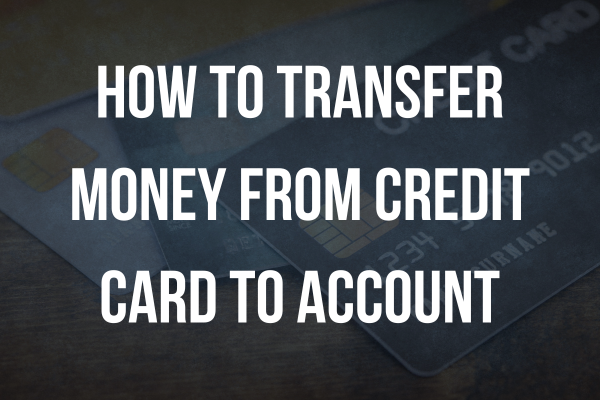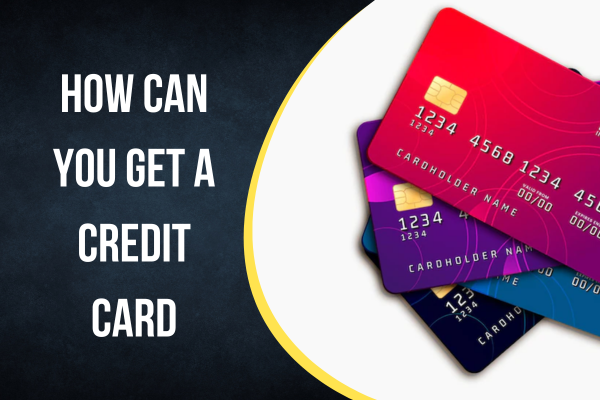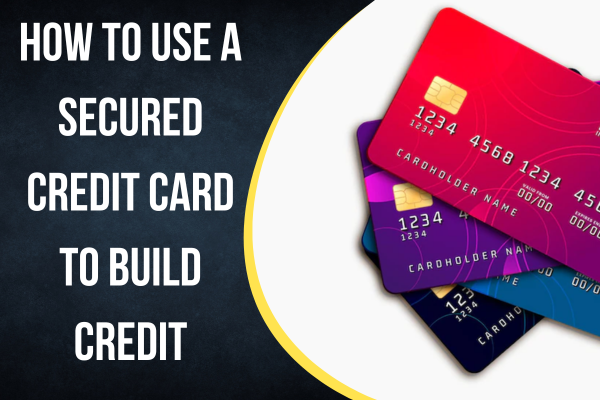When you’re in a pinch and need access to cash, one option is to transfer money from your credit card to your bank account. While it’s not recommended to use a credit card for cash advances or balance transfers, sometimes it’s necessary for emergencies or for other reasons. Here’s how you can transfer money from your credit card to your bank account:
How to Transfer Money from Credit Card to Account
- Check for Cash Advance Limits and Fees
Before you begin, it’s important to understand the fees and limitations that may apply to your credit card. Most credit cards allow for cash advances up to a certain limit, which is typically lower than your credit limit. You’ll also need to pay a cash advance fee, which can range from 2% to 5% of the amount you’re withdrawing. Be sure to check your credit card’s terms and conditions to see what the specific fees and limits are for cash advances.
- Determine How Much You Need to Transfer
Next, determine how much money you need to transfer from your credit card to your bank account. Keep in mind that cash advances usually have higher interest rates than regular purchases, so you’ll want to avoid withdrawing more than you absolutely need.
- Choose a Method to Transfer the Funds
There are several ways to transfer money from your credit card to your bank account. Here are a few options:
- Online transfer: Many banks and credit card companies offer the ability to transfer funds online. Simply log in to your account and follow the instructions to transfer funds from your credit card to your bank account.
- Balance transfer: If you have another credit card with a lower interest rate or a 0% introductory offer, you may be able to transfer the funds from your credit card to the new card. Keep in mind that balance transfers usually come with a balance transfer fee, which can range from 3% to 5% of the amount transferred.
- ATM withdrawal: You can also withdraw cash from an ATM using your credit card. Keep in mind that this option may come with higher fees and interest rates than other methods.
- Pay Off the Balance as Soon as Possible
Once you’ve transferred the funds to your bank account, it’s important to pay off the balance on your credit card as soon as possible. This will help you avoid high-interest charges and fees, which can quickly add up.
Also Read-
- Pros and Cons of Credit Card EMI
- Tips for Managing Credit Card EMI?
- Benefits and Drawbacks of Credit Card EMI
- Why Credit Card Application Declined
In Conclusion
Transferring money from your credit card to your bank account can be a useful option in certain situations. However, it’s important to be aware of the fees and limitations that may apply and to only withdraw the amount you absolutely need. By following these steps, you can safely and effectively transfer money from your credit card to your bank account.





Leave a Reply